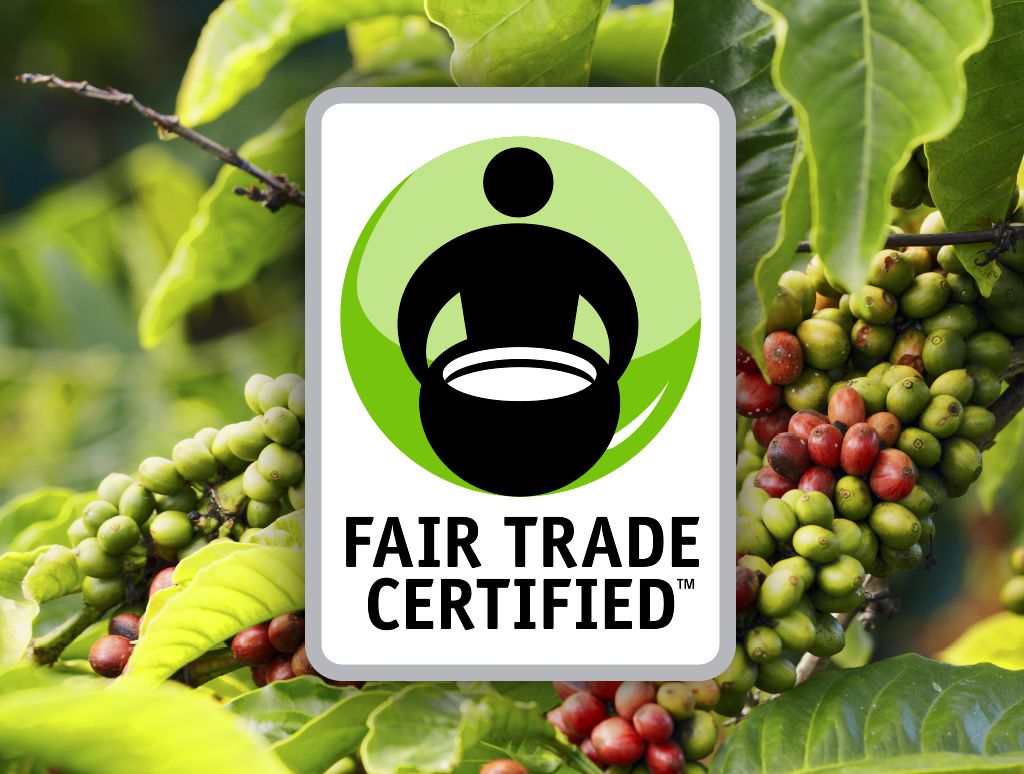
Why we need a Fair Trade DNA Certification to launch the Bioeconomy
The world is on the brink of a Bioeconomy revolution. New advances in the ability to read, write, edit and print DNA are unleashing a new biological industrial revolution that will see radically new medical, industrial, food and agricultural products.
Billions of dollars have flooded into new bioeconomy companies, many of which have significantly reduced the time to launch new products by combining the biological revolution with the digital revolution, and advances in machine learning, big data, robotics.
However, one fear for many of those involved in providing unique DNA for the Bioeconomy is whether this will be a equitable industrial revolution.
Business models from existing synthetic biology firms, digital firms and the traditional economy has seen the rise of the 'winner takes all' dynamics for the owners of these companies, with many stakeholders being left out and creating a backlash among Governments and activists around the world.
Could a Fair Trade DNA certification help address this concern?
What is Fair Trade Certification?

For many years, poorer farmers were at the receiving end of large corporate agricultural traders who exerted price pressures.
Often, with no-one else to sell to, many farmers would be forced to sell to these large corporations for relatively low prices, and these products would be sold at retail prices in the wealthier countries for a significant premium.
In the 1980s, the Fair Trade movement emerged led by major NGOs such as The Body Shop and Oxfam, who called for greater social equity along the supply chain.
They pushed for a Fair Trade certification and labelling where retail brands who sold certain products (e.g., coffee or chocolate), would guarantee a fair living wage to the farmer responsible for growing and farming these products.
Why Fair Trade DNA Certification in the Bioeconomy?

With the new Bioeconomy, synthetic biology startups often rely heavily on genetic material from rare natural products.
These are often found in communities who have preserved traditional ways of life and relationships with nature, especially indigenous peoples.
Many of these communities have faced pressures of Bioprospecting and Biopiracy from many Western Universities and Corporations who took biological samples from these communities without securing prior approvals.
These biological materials are now worth hundreds of millions of dollars in terms of new materials.
Structured in the right way, the benefits from these genetic properties could flow back to the communities who are most responsible for nurturing
ExO Insight Newsletter
Join the newsletter to receive the latest updates in your inbox.






